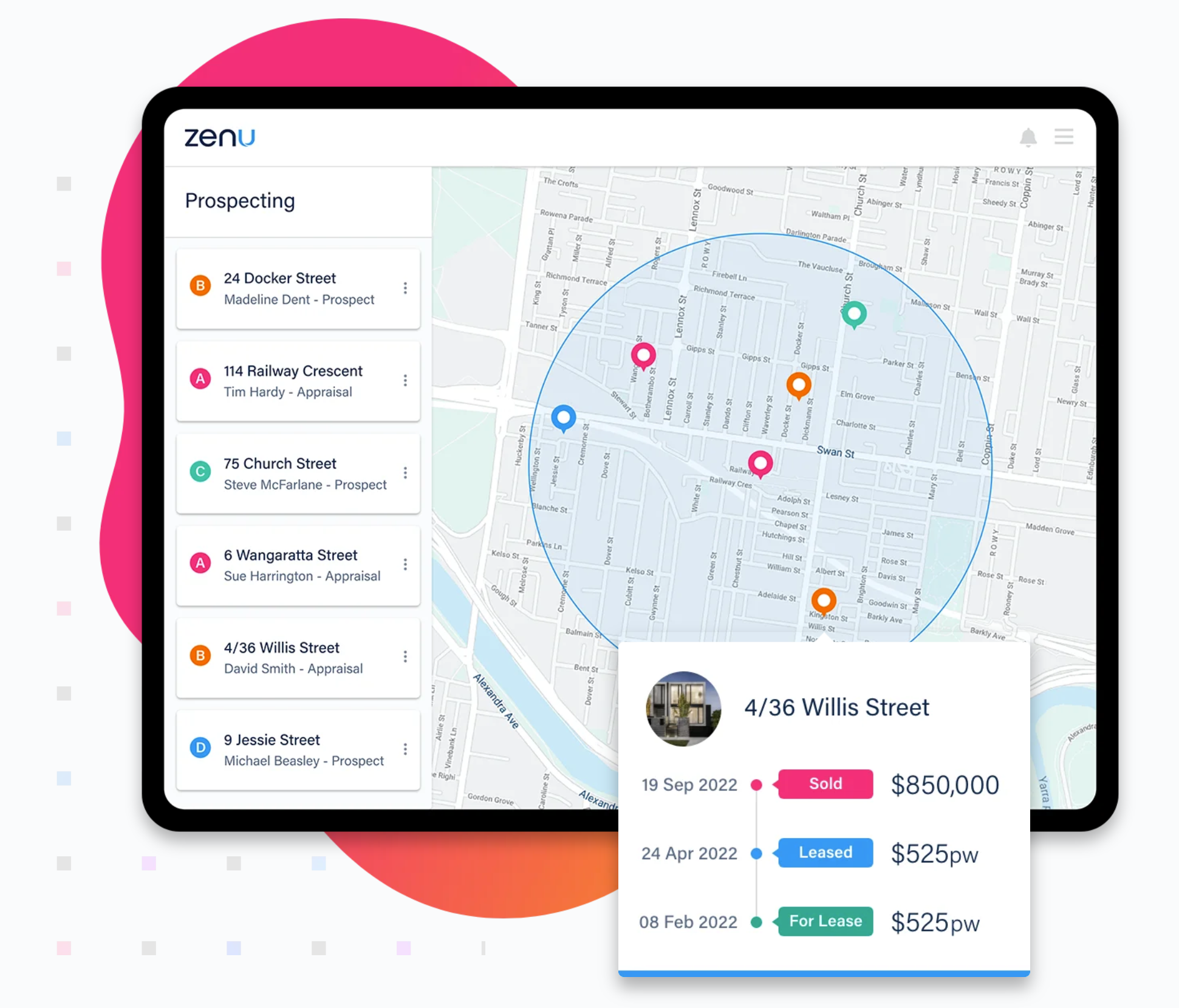
Real estate websites have revolutionized the way buyers, sellers, and real estate professionals interact in the market.
With the advancement of technology, these platforms have become an indispensable tool for individuals looking to buy or sell properties. Let's explore the most common use of real estate websites and how they empower buyers and sellers in their real estate endeavours.
Informative Property Listings:
One of the primary uses of real estate websites is to provide comprehensive and informative property listings. These platforms serve as a centralized hub where sellers can showcase their properties while buyers can easily browse a wide range of available options. The listings typically include vital details such as property type, location, price, features, and high-quality visuals such as photos and virtual tours. By presenting detailed information, real estate websites enable buyers to evaluate properties efficiently and narrow down their options.
Enhanced Property Search:
Real estate websites offer robust search functionalities that empower users to refine their property searches based on specific criteria. For example, buyers can filter properties by location, price range, number of bedrooms, amenities, and more, ensuring they find properties that align with their preferences and requirements. In addition, advanced search options often include the ability to search for properties within certain school districts, proximity to amenities, or specific neighbourhood preferences. This allows buyers to save time and focus on properties that match their desired criteria.
Comparative Analysis:
Real estate websites enable buyers to perform comparative analyses between multiple properties. They can easily compare prices, features, and location factors to make informed decisions. Such analysis helps buyers gauge the market value of properties and negotiate effectively with sellers. By providing this functionality, real estate websites empower buyers to make well-informed choices based on objective data and analysis.
Connecting Buyers and Sellers:
Real estate websites serve as a bridge between buyers and sellers, facilitating direct communication and interaction. They provide contact forms, inquiry options, and sometimes even direct messaging features that allow interested buyers to reach out to sellers or agents for more information or to schedule property viewings. This streamlined communication process saves time for both parties involved and fosters efficient interactions.
Access to Market Trends and Insights:
Many real estate websites provide valuable market trends, insights, and industry news. In addition, they offer blog sections or resources that educate buyers and sellers about the current market conditions, property investment tips, financing options, and legal aspects of real estate transactions. This information helps users stay updated and make informed decisions throughout their real estate journey.
What is the most common use of real estate websites? Well, Real estate websites have become a fundamental tool for buyers, sellers, and real estate professionals. They offer informative property listings, enhanced search functionalities, comparative analysis tools, direct communication channels, and access to market trends and insights.
By leveraging these websites, buyers can efficiently explore properties, evaluate options, and connect with sellers, while sellers can effectively showcase their properties to a wide audience. In this digital era, real estate websites empower individuals to confidently navigate the real estate market and make informed decisions that align with their goals and preferences.
-
over 1 year agoStand Out Online with Zenu's Real Estate Agent Website Templates
-
over 1 year agoWhat is the best software for real estate?
-
over 1 year agoWhat makes a good real estate website?
